Meet Your Team
Our team of more than 50 experts covers 19 different specialties. We work together, and with your family, to create an individual plan of care for your child.
Your child is assigned a craniofacial pediatrician who will diagnose your child’s condition. They coordinate the care provided by the team and tailor the treatment plan to your child.
Our team sees patients at clinics on 3 days each week. The full team meets weekly to discuss children with complex needs and decide on the best care plan for each child. Having all team members together allows for on-the-spot consultations and helps coordinate care.
Leadership
-
Division Chief, Craniofacial Medicine; Medical Director, Craniofacial Center
-
Division Chief, Plastic Surgery; Division Chief, Pediatric Oral and Maxillofacial Surgery; Surgical Director, Craniofacial Center
-
Monica Nickolas, RN, BSN, MPH
Interim Service Line Director, Craniofacial, Dental and Plastic Surgery
Teams
Advanced practice providers
Advanced practice providers (APPs) work closely with doctors and can provide care independently. APPs include advanced registered nurse practitioners (ARNPs) and physician assistants (PAs). They diagnose and treat patients in clinics and in the hospital. Our APPs provide most of the care for patients with positional plagiocephaly.
Dentists/orthodontists
Healthy teeth and gums are very important for children with craniofacial conditions. Our pediatric dentists and orthodontists are experienced working with children who have conditions affecting their head and face. Orthodontic assessment and treatment prepare your child for surgery involving the gum line, jaws and teeth. The orthodontist works closely with your child’s surgeon and pediatrician on the timing and details of any craniofacial surgery.
Dietitians
Children with craniofacial conditions may have challenges with eating and weight gain, especially during the first years of life. Our dietitian works closely with your family, your child’s primary care doctor and your child’s craniofacial pediatrician to develop feeding plans, monitor calorie intake and track weight gain.
-
Mariah Nicole Mazzaferri, MS, RDN, CD
Ear, nose and throat doctors (otolaryngologists)
Our otolaryngologists are surgeons with expertise in treating conditions of the head, neck, ears, nose and throat in children of all ages. They assess and monitor your child’s hearing, ears, feeding, breathing and speech development. They also work with the team to provide medical and surgical treatment for conditions affecting these areas.
Eye doctors (ophthalmologists)
A craniofacial condition may affect your child’s vision or the position of their eyes. Our ophthalmologists are surgeons who check and treat vision, the muscles that control eye movement, the health of the nerve from the eye to the brain (optic nerve) and the eye socket. The ophthalmologists on our team work closely with the plastic surgeons, neurosurgeons and other team members to care for your child.
Geneticists and genetic counselors
Board-certified medical geneticists at our Craniofacial Genetics Clinic help identify conditions caused by changes in genes. Our genetic counselors have experience with craniofacial conditions. They can advise you about the pros and cons of genetic testing, explain test results and give you information about your child’s condition. Counseling can help you make informed decisions about family planning and your child’s treatment.
-
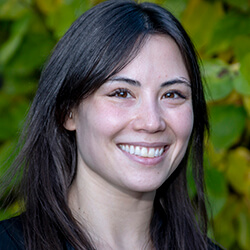
Maria Mills, MS, CGC
-
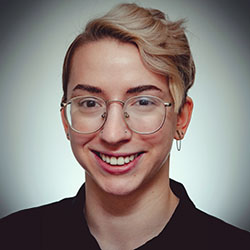
Lex Powers, MS, GC
Neurosurgeons
Neurosurgeons specialize in treating conditions of the brain, spinal cord and nerves. Our neurosurgeons work closely with our plastic and reconstructive surgeons to treat children with craniofacial conditions that involve the skull and spine.
Nurses
Treatment plans for craniofacial conditions can be complex. Our nurses are an important part of your team throughout your child’s treatment. They coordinate your child’s care and aid communication among the care team members and with your family. They have a thorough understanding of your child’s condition and can answer questions and offer advice. They teach you about your child’s condition and treatment. Nurses help you prepare for follow-up care at home.
-
Kara Bazant, BSN, RN
-
Lindsey Benedict, BSN, RN
-
Hannah Berntson, BSN, RN, CPN
-
Tara Corbridge, MPH, BSN, RN
-
Kimberly Davis, RN, CPN
-
Dawn Leavitt, BSN, RN-BC
-
Suzanne Siegel, BSN, RN
Occupational/physical therapists
Our occupational and physical therapists assess your child’s feeding, development and movement. They work with your family to evaluate your child’s motor and development skills. They may recommend changes in positioning and treatment such as physical therapy. Through play and exercise, they help your child build strength and coordination to do daily activities.
-
Tracy Brundage, MOT, clinical lead, Infant Development Therapy, OTR/L, IBCLC
-
Stella Byunn, PT, DPT, PCS, C/NDT
-
Keren Eliav, MS, OTR/L, clinical lead, Infant Feeding Therapy
-
Jennifer Fridgen, PT, DPT
-
Robin Glass, MSOTR/L, IBCLC
-
Lynn Wolf, MOT, OTR/L, IBCLC
Oral and maxillofacial surgeons
Our oral and maxillofacial surgeons specialize in procedures to treat the jaws and teeth. The goals are to make your child’s face symmetrical, align your child’s jaws and ensure proper placement of their teeth. Our oral surgeons work closely with our other surgeons and orthodontists to improve the function and appearance of your child’s face.
Pediatricians
The craniofacial pediatrician diagnoses your child and manages medical issues related to their craniofacial condition. This doctor guides your child’s overall treatment and works with other team members to coordinate specialty care. Your child’s craniofacial pediatrician will be familiar with all aspects of your child’s condition and with your family’s needs and desires. They will work with your child’s primary care doctor to monitor your child’s overall health and development.
Plastic and reconstructive surgeons
Our plastic surgeons have all completed advanced training (fellowships) in craniofacial and/or pediatric plastic surgery. They specialize in the surgical treatment of craniofacial conditions. They do plastic and reconstructive surgery on the soft tissue in the face and the bones of the face and skull. Based on their condition, your child may need more than 1 procedure to improve how their face and head function and look.
Psychologists
Specialists in mental health will support your child and family through the challenges of a craniofacial condition. They can help you understand how the condition is affecting your child and family life and provide guidance. Our child psychologists offer practical information learned from their work with many other families affected by craniofacial conditions. Together with our social workers, they support you in making decisions about your child’s care. They also help you and your child prepare for surgery and for a hospital stay. If your child might benefit, they can do psychological testing to give you important feedback about your child’s learning.
Researchers
Scientists in the Craniofacial Center do research to better understand the causes of craniofacial conditions. They also are working to develop new ways to prevent, diagnose and treat these conditions.
Speech and language pathologists
Craniofacial differences, including cleft palate, may affect how your child develops speech and language. Our speech-language pathologists assess and monitor your child’s speech development throughout childhood to improve their speech skills. They recommend treatment such as speech therapy, a speech appliance or surgery.
-
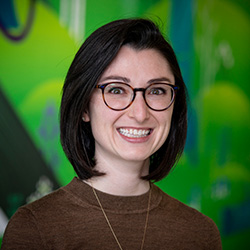
Lauren Beckett, MC, CCC-SLP
-
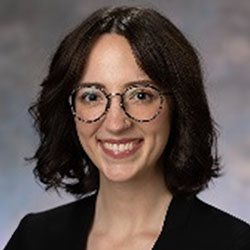
Lucy Moreman, MS, CCC-SLP
Support staff
-
Rodo Abdirahman, program coordinator
-
Kris Gardner, program management specialist
-
Leslie Nielsen, practice manager
-
Erik Stuhaug, photographer
-
Christine Thai, out of region program manager
Fellows
A fellow is a doctor who has finished medical school and residency and is now training in a special field. Our Craniofacial fellows are learning to treat children’s craniofacial conditions. As part of your child’s Craniofacial team, these doctors will assist in your child’s general care and visit your child while in the hospital.
Respiratory care specialists
Our team of respiratory therapists helps diagnose and treat children with craniofacial conditions that affect breathing. They teach parents about medicines and equipment and help families give respiratory support therapy at home.
Contact Us
Contact the Craniofacial Center at 206-987-2208 for an appointment, a second opinion or more information.

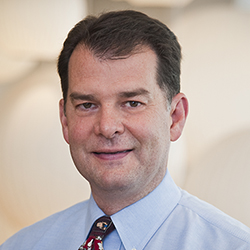
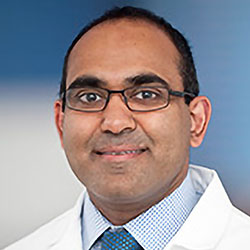
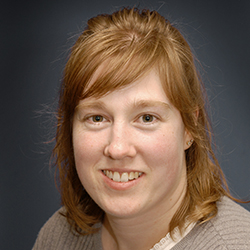
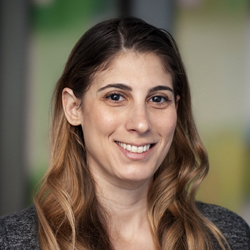
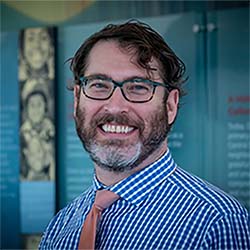
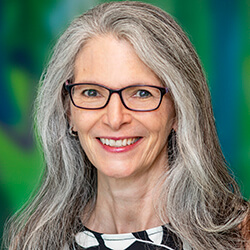
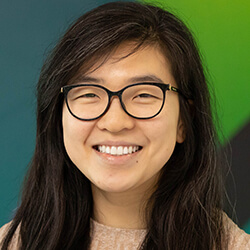
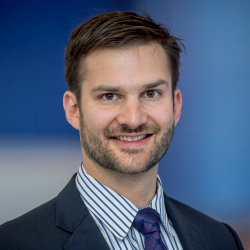
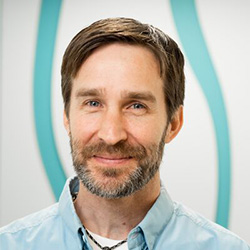
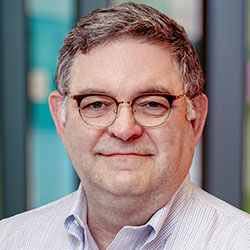
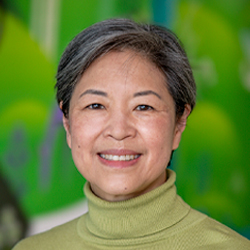
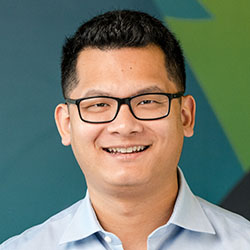
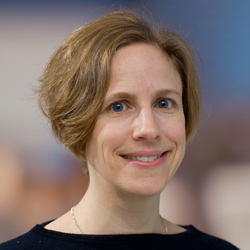
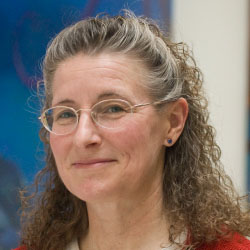
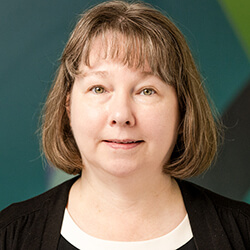
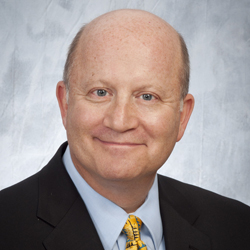
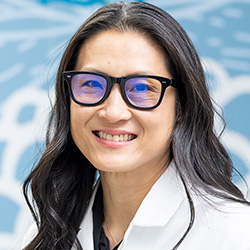
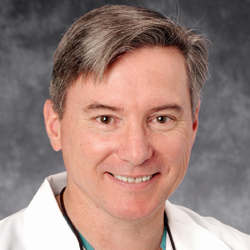
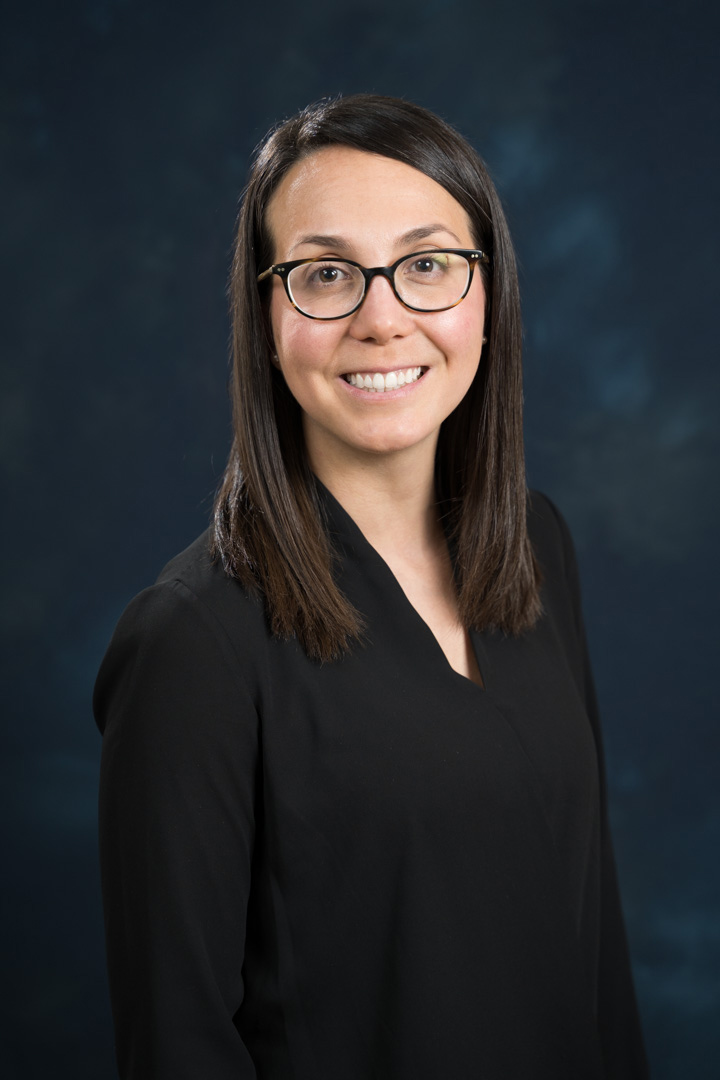
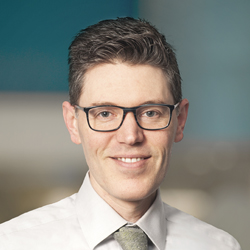
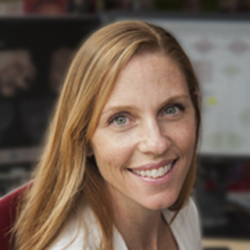
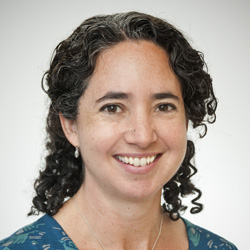
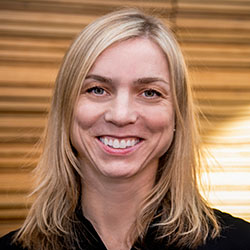
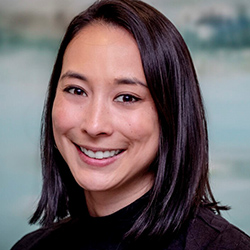
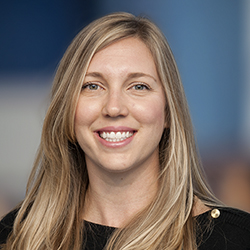
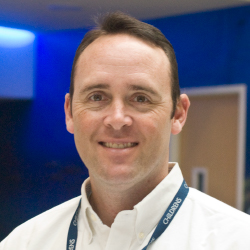
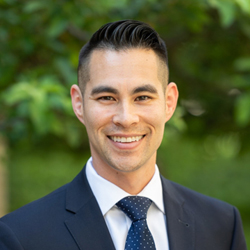
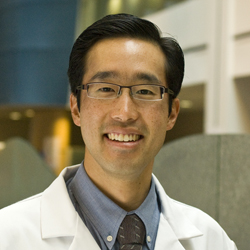
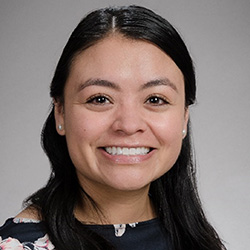
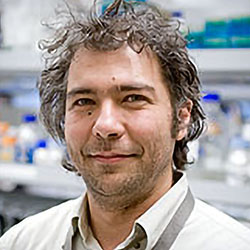
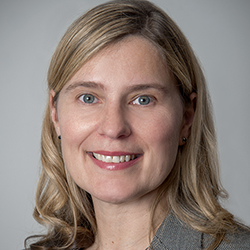
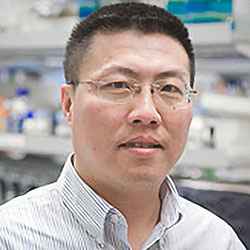
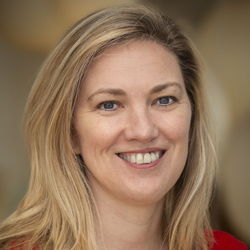
Social workers
Our social workers help throughout your child’s care. They provide support and information about your child’s diagnosis and the impact a craniofacial condition may have on your family. They can help connect you with other families and community resources. They work closely with psychologists on our team and child life specialists .
Alejandra Acosta, LSWAIC
Nicki Miller, MSW, LICSW
Back to Top